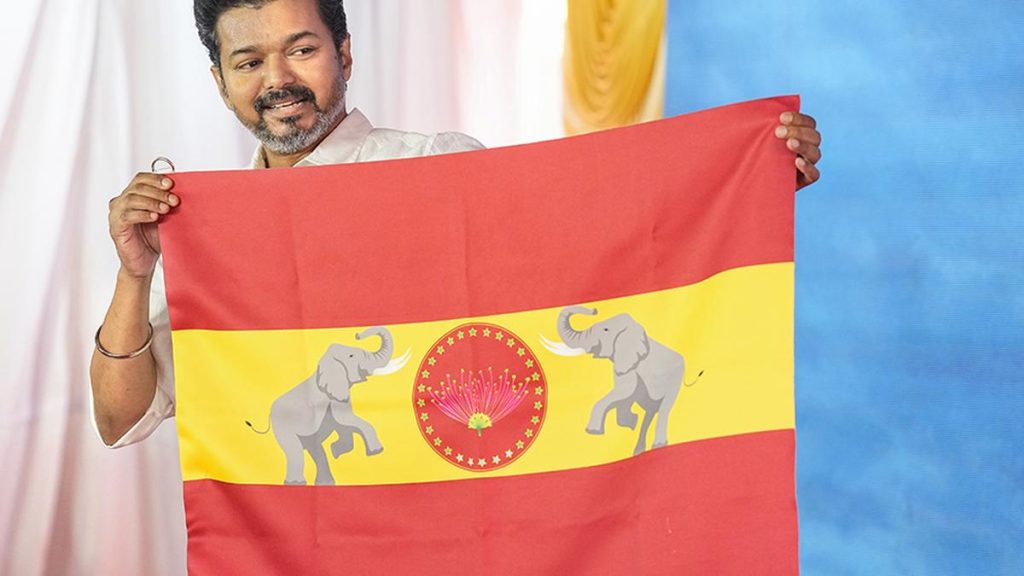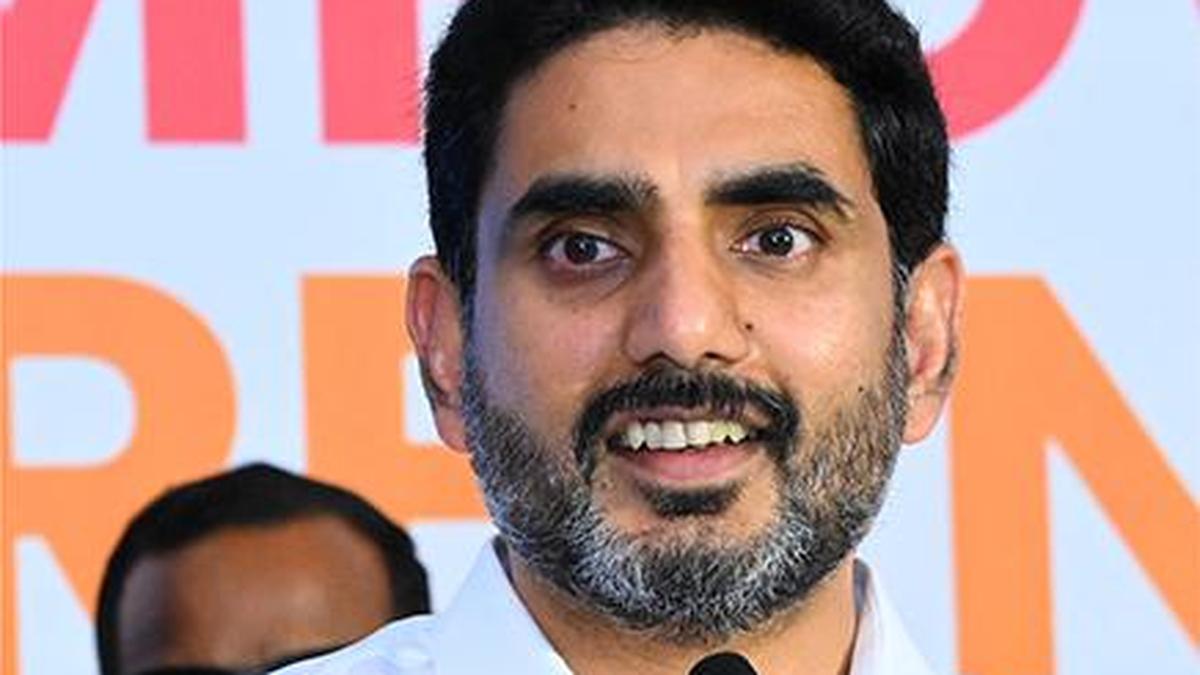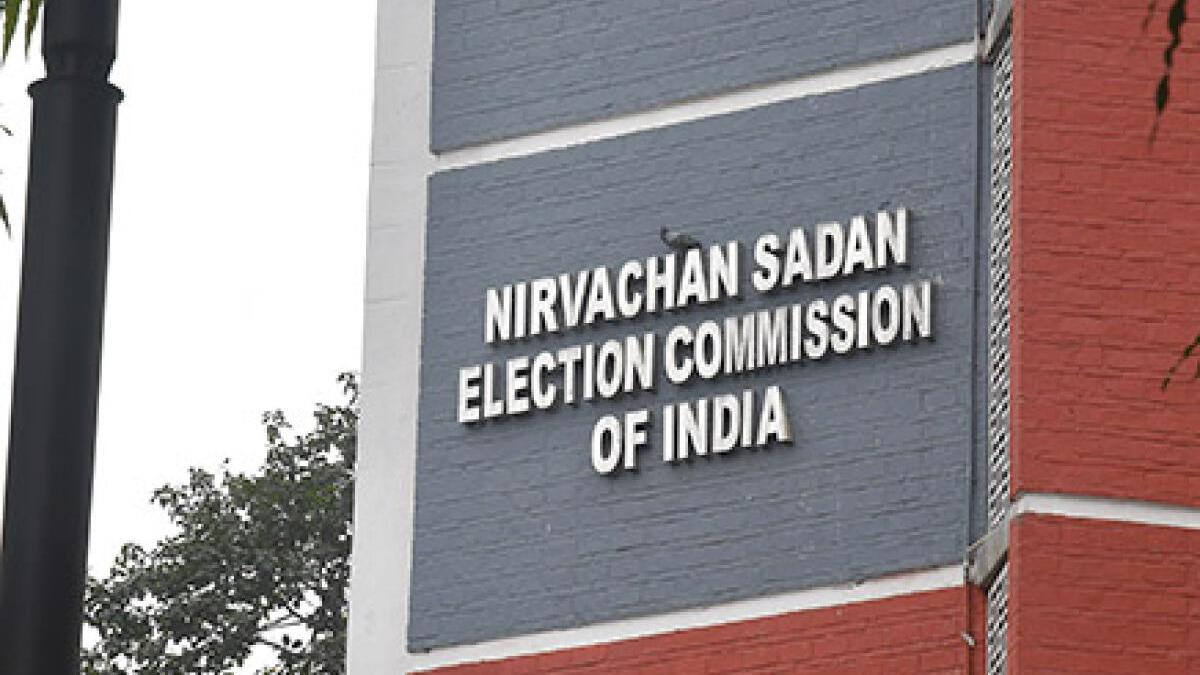Now Reading: Madras High Court Moves to Speed Up Disposal of Petty Cases in Tamil Nadu, Puducherry
-
01
Madras High Court Moves to Speed Up Disposal of Petty Cases in Tamil Nadu, Puducherry
Madras High Court Moves to Speed Up Disposal of Petty Cases in Tamil Nadu, Puducherry
Quick Summary
- Madras High Court Initiative: Two suo motu writ petitions have been filed to address criminal cases pending for over three years in Tamil Nadu and Puducherry courts, covering offences punishable up to three years.
- Judicial Oversight Assigned: Chief Justice Manindra Mohan Shrivastava directed the cases to be listed before Justice D. Bharatha Chakravarthy (Chennai) and Justice K.K. Ramakrishnan (Madurai Bench).
- Additional Focus Areas: Criminal intimidation cases, even with punishments exceeding three years, will also be addressed under this initiative.
- Process highlights:
– Compoundable cases will be identified for resolution through negotiations or ADR methods.- Possibility of compromise in non-compoundable cases will be explored when appropriate.
– Prosecutorial withdrawal or case quashing due to delays may occur under Article 21 guarantees of speedy trial rights.
– Cases such as those arising from private complaints under the Negotiable Instruments Act may receive specialized focus and batch disposal strategies.
Justice Chakravarthy emphasized that reducing backlogs would improve criminal justice management by ensuring better case flow and focused trial efforts.
Indian Opinion Analysis
The Madras High Court’s move is a notable step toward addressing India’s longstanding issue of judicial backlog in criminal trials.This initiative aligns with the constitutional guarantee of a speedy trial under Article 21, aiming to balance justice delivery while safeguarding individual rights. By exploring Alternative Dispute Resolution mechanisms alongside prosecutorial discretion, the court demonstrates a multi-pronged approach-enhancing efficiency without compromising fairness.
This endeavor could set an example for other states dealing with clogged judicial systems, highlighting proactive measures like identifying categories of pending litigation and emphasizing compromise where permissible. Though, its success relies heavily on effective coordination among law officers, advocates, police officials, and litigants. Implementing such reforms could eventually lead not only to quicker resolutions but potentially restore public confidence in India’s judiciary system at large.
For further details: Read More






















